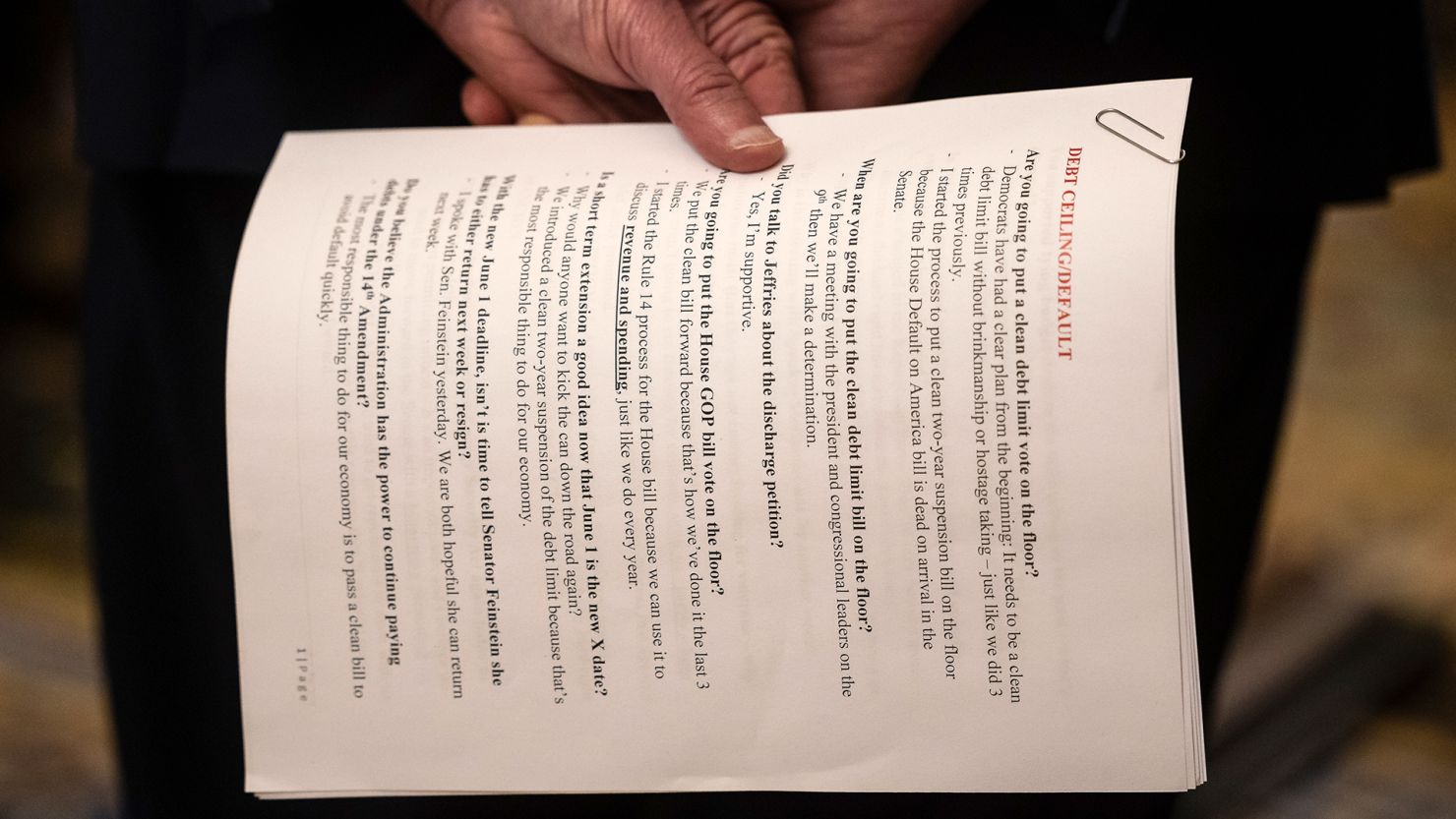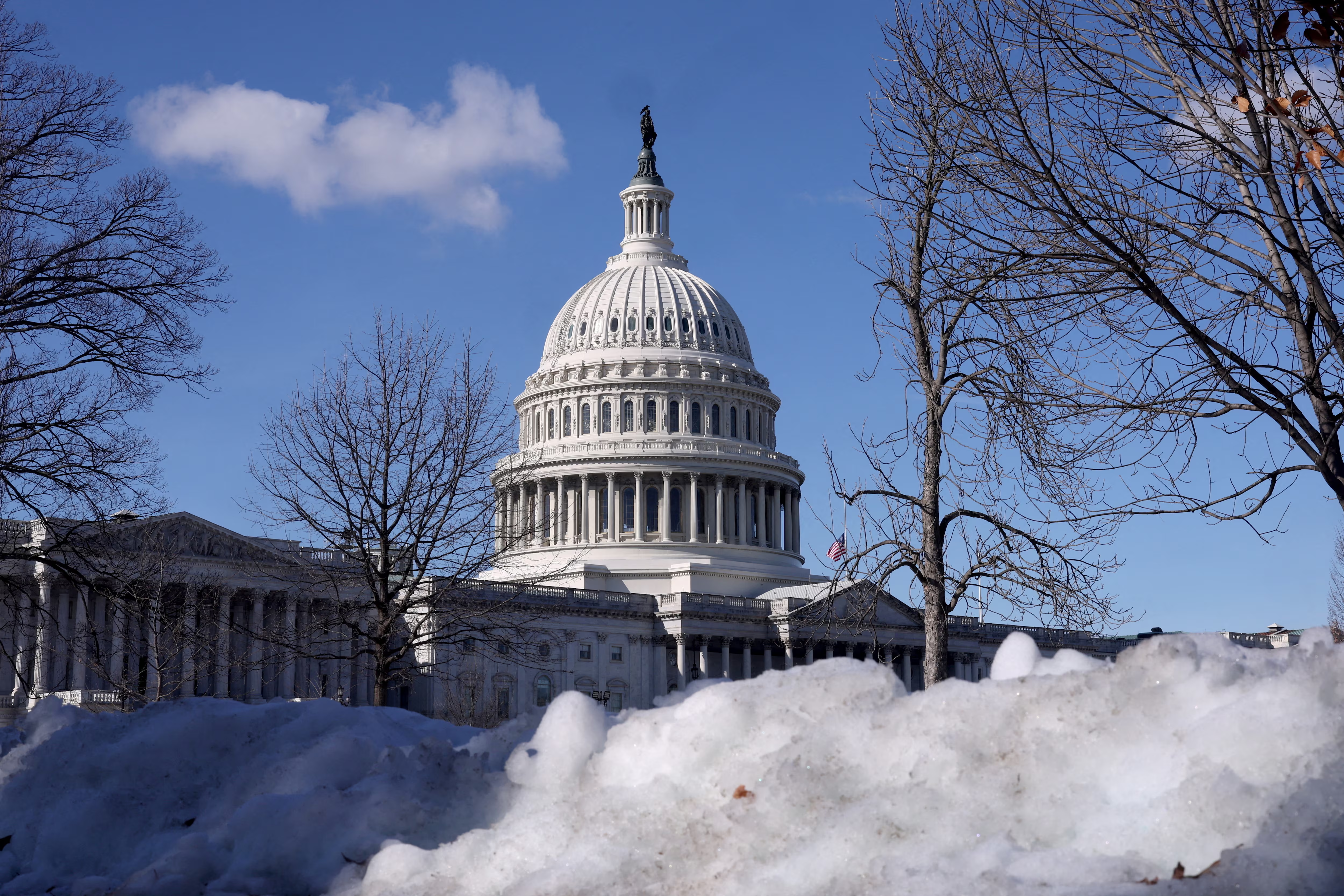The Senate"s reconciliation bill, dubbed a "big, beautiful bill" by its proponents, is anything but beautiful for the millions it threatens to leave without health insurance. According to the New York Times, this legislation is poised to add a staggering $3.3 trillion to the national debt over the next decade, a grim reality for a country already grappling with economic disparities.
Massive Debt Increase Raises Concerns
The Congressional Budget Office"s (CBO) recent estimates have sent shockwaves through the political landscape, revealing that the Senate"s version of the bill would create more budget deficits than its House counterpart, which would add $2.8 trillion. This $3.3 trillion figure does not even account for additional borrowing costs—meaning the true financial burden could be even heavier on the shoulders of taxpayers. As reported by CBO, the anticipated increase in debt will further exacerbate existing inequalities, particularly for marginalized communities who are already disproportionately impacted by healthcare access issues.
Healthcare Cuts Endanger Vulnerable Populations
What is even more alarming is the projected impact on healthcare coverage. The CBO estimates that nearly 12 million more individuals could find themselves uninsured by 2034 if this bill passes, which is nearly 1 million more than the House"s version. Cuts to Medicaid and the Affordable Care Act will most severely affect low-income families and communities of color, who already face systemic barriers in accessing healthcare. The implications of this are dire: without insurance, these individuals will likely forgo necessary medical treatments, leading to worsened health outcomes and increased strain on emergency services.

Schumer’s notes say Feinstein ‘hopeful’ to return to Senate next week ...
Political Maneuvering Fails to Address Real Issues
Republican leaders have pushed back against the CBO"s estimates, arguing that the bill will ultimately spur economic growth and reduce deficits. However, this optimistic outlook stands in stark contrast to the evidence presented by the CBO and other independent analyses. As a climate justice reporter, I see this dynamic as emblematic of a larger issue in our political system: the prioritization of abstract economic theories over the real, tangible impacts on people"s lives. The rhetoric around growth often ignores the environmental and social costs associated with such policies, especially for those already facing economic precarity.
Environmental Justice Must be at the Forefront
Moreover, the Senate"s reconciliation bill fails to integrate robust climate action into its framework. The impending climate crisis demands a comprehensive approach to sustainability that considers both environmental and social justice. Investing in green infrastructure and clean energy jobs can create economic opportunities for marginalized communities while addressing the urgent need for climate resilience. Yet, the current trajectory of this bill suggests a retreat from these critical initiatives, pushing us further away from a sustainable future.

CBO sees US 2025 deficit flat at $1.9 trillion before any ...
Call for Accountability and Action
The stakes are high. The consequences of this legislation extend far beyond budget deficits and economic forecasts; they represent a moral failure to protect the most vulnerable among us. As the Senate debates this bill, we must hold our leaders accountable for their decisions and demand policies that prioritize health, equity, and environmental justice. We cannot afford to let political maneuvering dictate the future of healthcare and climate action in our country. The fight for a just and sustainable future requires a collective voice that amplifies the needs of those who have been historically marginalized and silenced.







![[Video] Gunfire between Iraqi security forces and Sadr militias in Baghdad](/_next/image?url=%2Fapi%2Fimage%2Fthumbnails%2Fthumbnail-1768343508874-4redb-thumbnail.jpg&w=3840&q=75)
